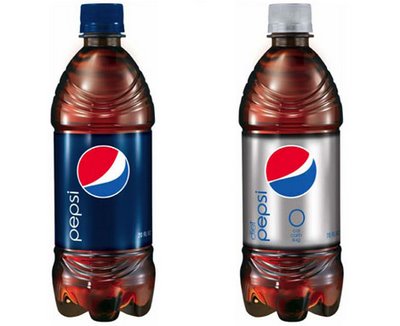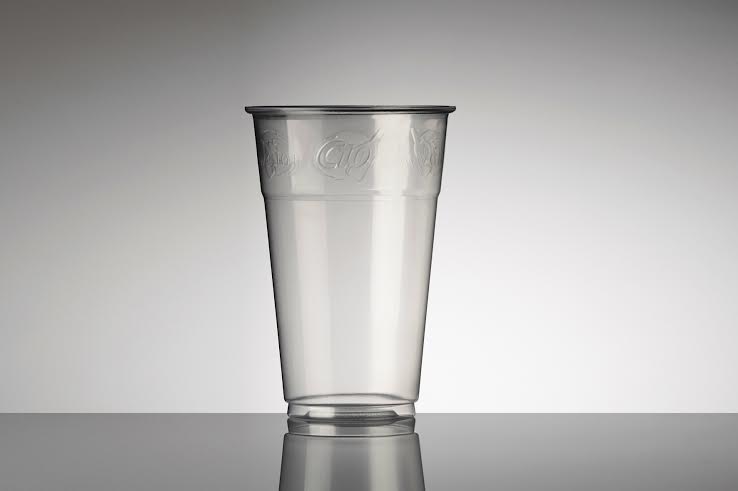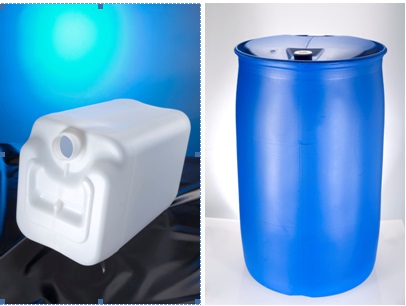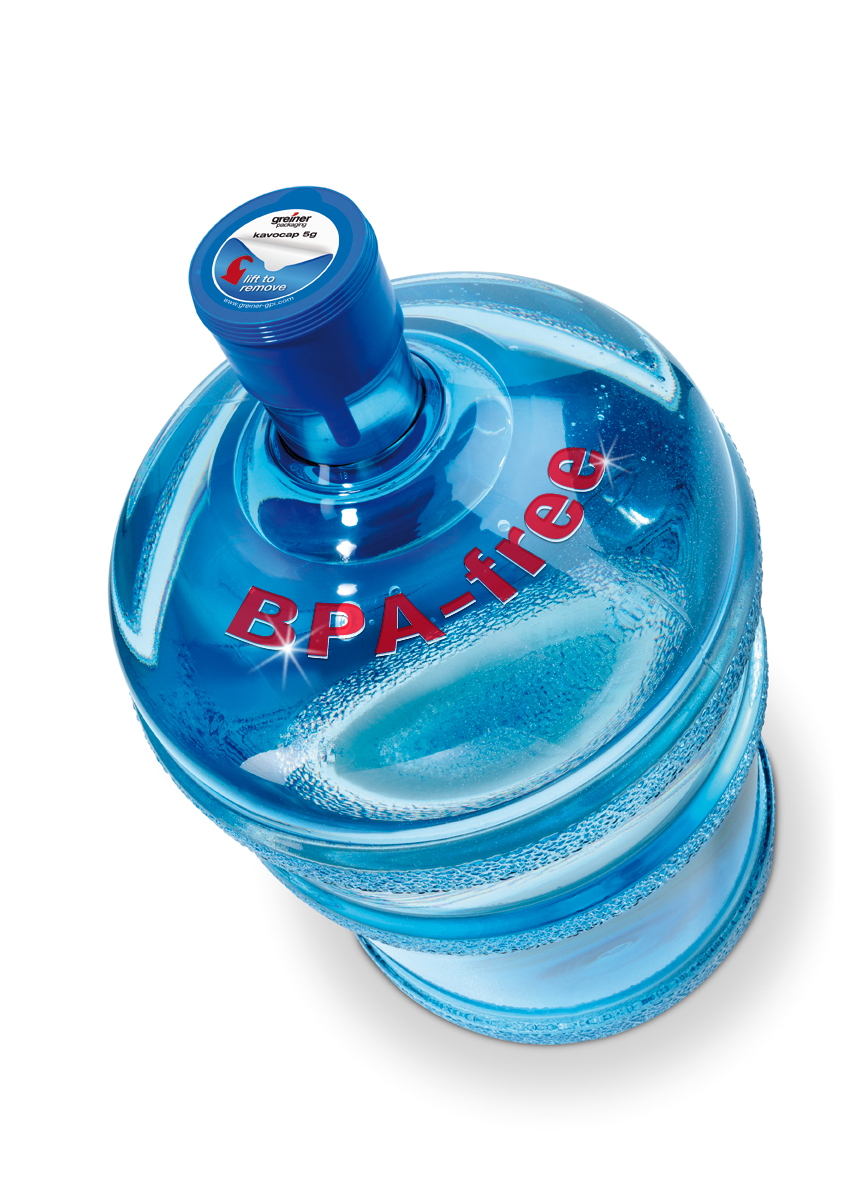 Yes, here we go again – however this is a city in Texas, not California! The city of Austin, TX, has drafted a bag tax ordinance, which the
Yes, here we go again – however this is a city in Texas, not California! The city of Austin, TX, has drafted a bag tax ordinance, which the
Texas Retailers Assn. (TRA) calls “an oppressive and unnecessary burden on consumers.” The proposal, released on Dec. 9, would force retailers to charge shoppers $0.25 per plastic or paper bag for three years, then restrict shoppers’ access to paper and plastic “single-use” bags completely by banning them at many retail checkouts.
Ronnie Volkening, president and CEO of the Texas Retailers Assn., called the draft ordinance “draconian” in its approach, adding that it will hit families and lower income citizens “disproportionately” with rising costs. And, the ordinance completely ignores recycling. “Any ordinance that does not promote a comprehensive recycling effort is woefully short-sighted,” he said in a recent release from the TRA.
In an article titled “Plastic Bag Bans are Bad for the Environment” that appeared in the Competitive Enterprise Institute’s (CEI) WebMemo online newsletter, Angela Logomasini, Senior Fellow at the CEI, writes about the on-going anti- plastic crusades and the ridiculous reasons lawmakers give for banning plastic bags. She points to California Sen. Lowenthal who “advanced his bill to ban foam cups and packaging ‘because it’s a job booster for California.'”
Even foreign countries have taken up the banner against plastic bags, Logomasini notes, with Italy’s Minister of the Environment claiming that “the nation’s ban on plastic base was ‘a great innovation.’ Others suggest that elimination of plastics is simply good environmental policy.”
Logomasini’s contrarian viewpoint shows reasons why banning plastic bags is bad for the environment:
* Plastic bags are “highly energy and water efficient” (ever been to a paper manufacturing plant?)
* Plastic bags are “sanitary” (as opposed to reusable cloth bags which have been found to contain dangerous bacteria such as coliform and E. coli)
* Plastic bags are “very inexpensive to produce and transport” (much lighter weight that paper bags, which means less fuel to transport them)
* They are “convenient for carrying groceries and food stuffs”
* She notes that several life-cycle assessments produced for a group called Use Less Stuff found that plastic bags:
* Generate 39% less greenhouse gas emissions than regular paper bags
* Require 6% of the water necessary to make paper bags
* Consume 71% less energy during production than paper bags
* Produce one-fifth the amount of solid waste compared to paper bags
Logomasini points out that “reusable bags require far more energy and other resources” to produce. A study in the UK found that cotton bags must be used 103 times before they provide any environmental benefits, but in actuality the bags are only used 51 times, “making the worse for the environment than plastic,” wrote Logomasini. “This study did not even consider the energy and water use associated with washing the bags, which increases their environmental impacts and costs.”
Ultimately, Logomasini said that “Controls should focus on the source of the problem,” and that problem, according to Keep America Beautiful (KAB), is people. “According to KAB, roadway litter comes largely from, motorists (52%), pedestrians (22%), poorly covered trucks (16.4%), and improperly secured trash containers (1.5%).
Logomasini’s voice is yet one more crying out in the scientific wilderness against the mass hype about plastic bags being bad for the environment. And once again, we must note that plastics don’t cause litter – PEOPLE CAUSE LITTER! It’s not a plastics problem, it’s a people problem, and you never solve the problem of people preferring to litter vs. preferring to dispose of plastic bags in the recycling bins that are now in just about every grocery store across the nation.
“Retailers with existing recycling programs count on a steady stream of bags to process for recycling,” said the TRA. “If that recycling stream is greatly reduced or eliminated, these retailers will have little incentive to continue collecting the various other plastic bags (including dry cleaners, restaurants, convenience stores and newspaper coverings) not covered under the proposed ban.”
Far from being “single-use,” some 90% of Austin residents reuse plastic bags around their homes, and 91% are aware of the recycling efforts at the major grocery and department stores in the area, according to a survey conducted by the TRA. “The social utility of plastic bags is undeniable,” said the TRA’s Volkening.
It takes a lot of education from the plastics trade press and trade organizations to get cities, counties and states to understand where the root of the “plastics” problem lies and to promote the benefits of plastics recycling. And it takes an equal amount of education by cities, counties and states to help people understand that recycling is serious business, and provides jobs for thousands of Americans who work in that industry.
But, unfortunately, writing a law banning plastic is the easy path to take, even if the end results are bad for the environment. Let’s hope Texas doesn’t become another “California.”
Source : www.plasticstoday.com







